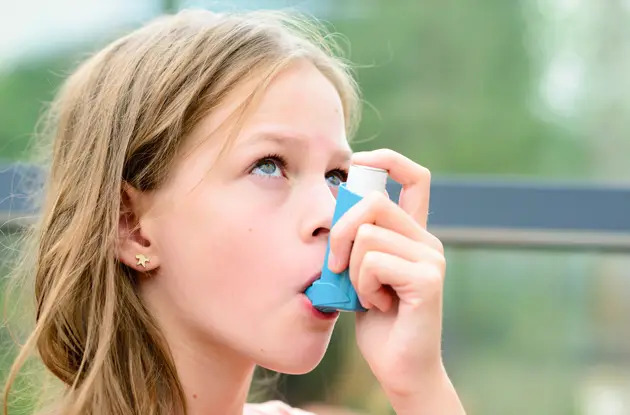The National Pest Management Association says cockroaches are a leading trigger of allergies and asthma attacks. Read on for tips on how to prevent cockroach infestation.
May marks National Allergy and Asthma Awareness Month, and the National Pest Management Association (NPMA) warns families that cockroaches are a leading trigger of allergies and asthma attacks. The pests’ saliva, droppings, and decomposing bodies contain allergen proteins known to trigger allergies and increase the severity of asthma symptoms, especially in children.
According to the Centers for Disease Control and Prevention, asthma rates climbed to 8.2 percent in 2009 from 7.3 percent in 2001. In children, the rate of asthma was 9.6 percent in 2009 compared to 8.7 percent in 2001.
“Most people are aware of typical indoor allergens including mold, pet dander, dust and second-hand smoke, but they should also be mindful of any cockroach infestations in their home or other places such as schools,” said Missy Henriksen, vice president of public affairs for the NPMA. “Cockroach allergens are typically found in areas that are hard to see, such as under appliances and sinks, so it’s important to periodically check those areas, keeping them clean and dry.”
Cockroaches also spread disease such as Salmonella by picking up germs on the spines of their legs, easily contaminating food and surfaces that they touch. They spread at least 33 kinds of bacteria, six types of parasitic worms, and at least seven other kinds of human pathogens.
The NPMA recommends these tips to prevent cockroaches from infesting your home:
- Seal cracks around the outside of the home to prevent pest entryways.
- Vacuum frequently and dispose of garbage regularly.
- Keep counters and floors clean and free of crumbs that attract pests.
- Pay extra attention to kitchens and bathrooms – especially under appliances and sinks – as these areas are particularly vulnerable to cockroach infestations.
- If you suspect an infestation, contact a licensed pest professional to identify the species and recommend a course of treatment.
To learn more about cockroaches and the health threats they pose, or to find a licensed pest professional, visit www.pestworld.org.
Article courtesy of Businesswire





















